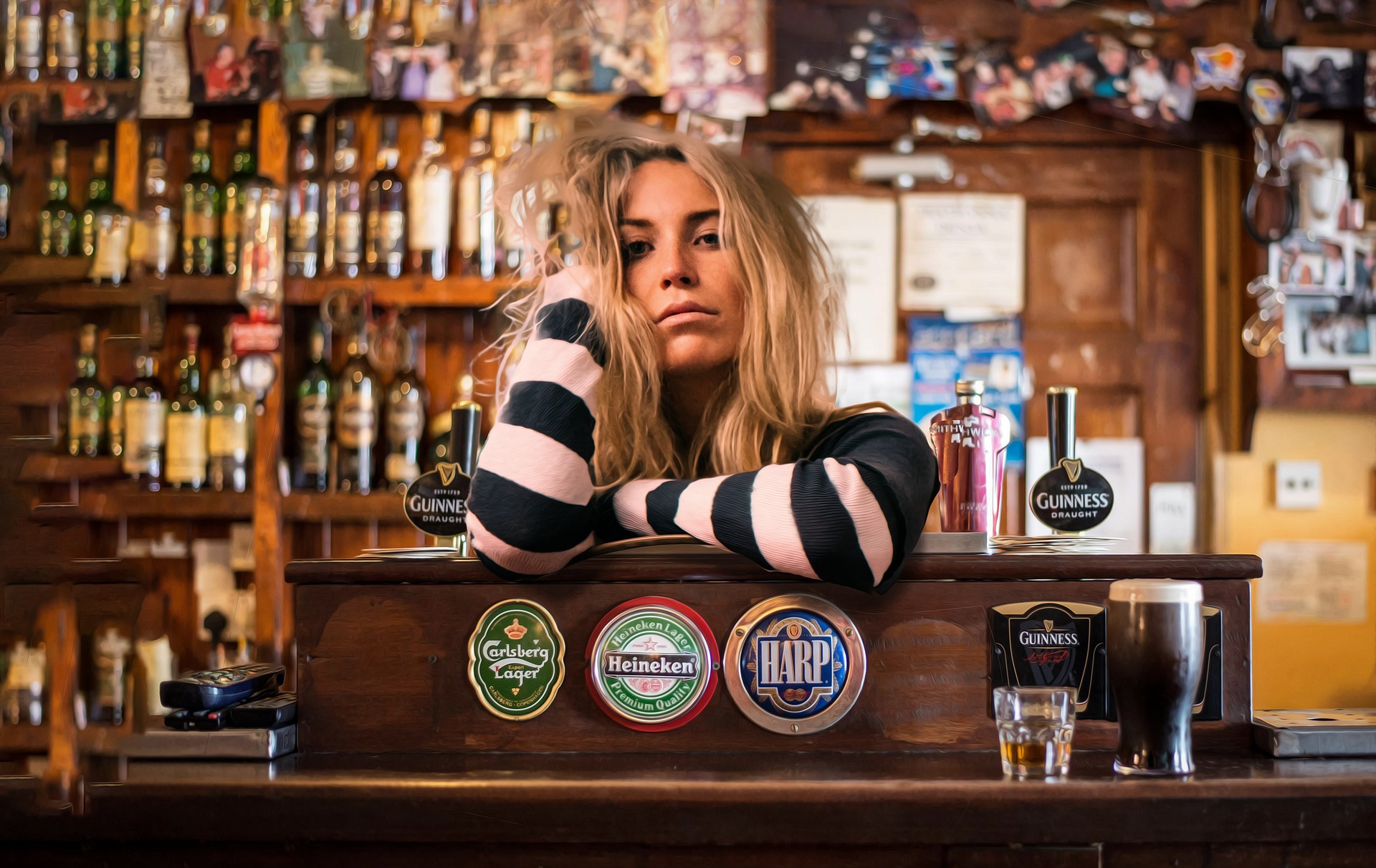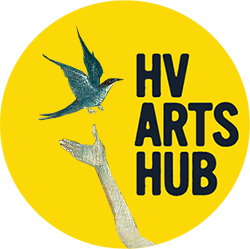Here’s a crazy idea: artists don’t have to make money from art to be successful. To some extent, this seems obvious. History is full of examples of celebrated artists who found no recognition and little reward in their own time: Vincent van Gogh, Emily Dickinson, Nick Drake. Financial success and artistic innovation are often two opposing forces. Free markets are great at some things. Ensuring the most interesting artists get the most recognition isn’t always one of them. If you don’t believe that, then I have some Kid Rock albums to sell you.
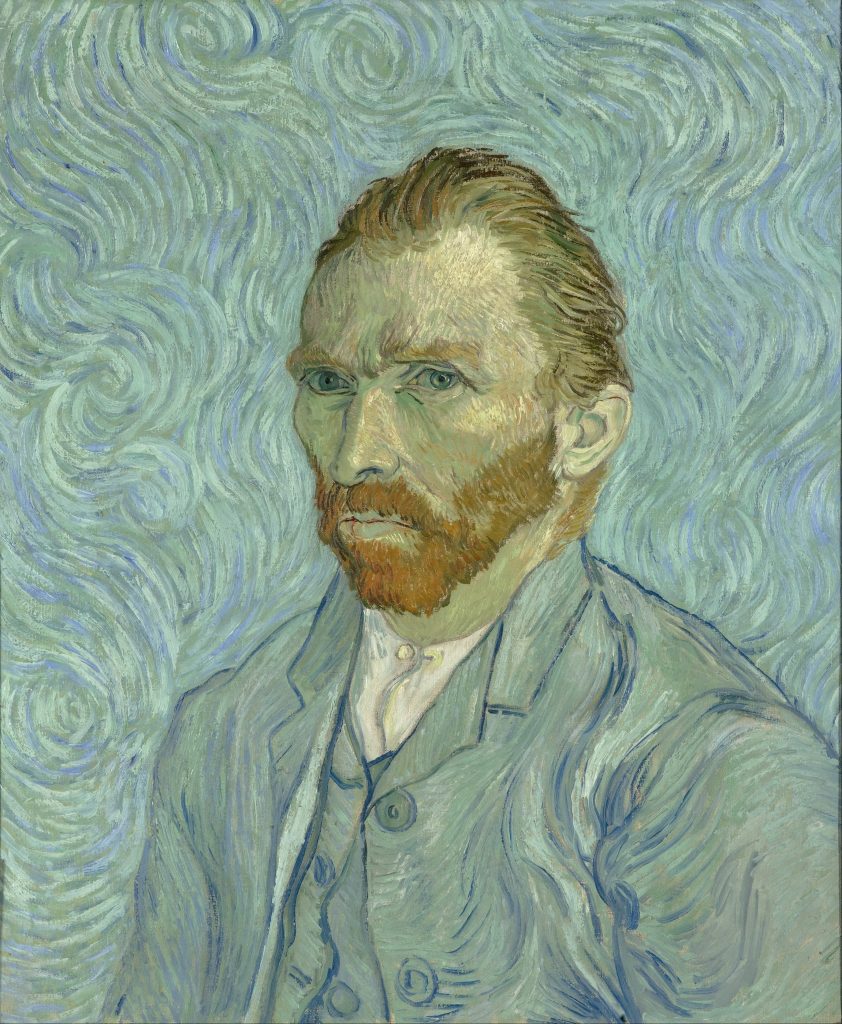
Now here’s an even more ludicrous suggestion: you can be an artist without quitting your day job. Again, there are some historical precedents here. Anton Chekov and William Carlos Williams were doctors. T.S. Eliot was a banker. Henry Darger was a janitor. To some degree, this makes sense. If great artists can’t make a living from their work, they need a source of income. At the very least, a side hustle or two. However, let’s take it further. There’s no reason being an accomplished artist means you make all or even most of your money from the art itself. So why do we only think people who make a living from art are “real” artists?
At first glance, there seem to be some valid reasons for this. Practicing and perfecting a skill are essential to any serious artform. Getting paid for the time you put into your art allows you to do this. There’s the often cited 10,000 hour rule, which states that it takes that much time to become an expert at anything. However, this is mostly pseudo-scientific bullshit retrofitted from even more obvious examples than the ones we’ve chosen, like the fucking Beatles. Think of all the filmmakers who make a great first movie or non-professional actors who are brilliant in their first role; fashion designer Tom Ford and musician Boots Riley were able to make great films after spending their 10,000 hours in other fields. We could keep going but we’re pretty confident there are a good number of artists who have created masterpieces without putting in the “required” time.
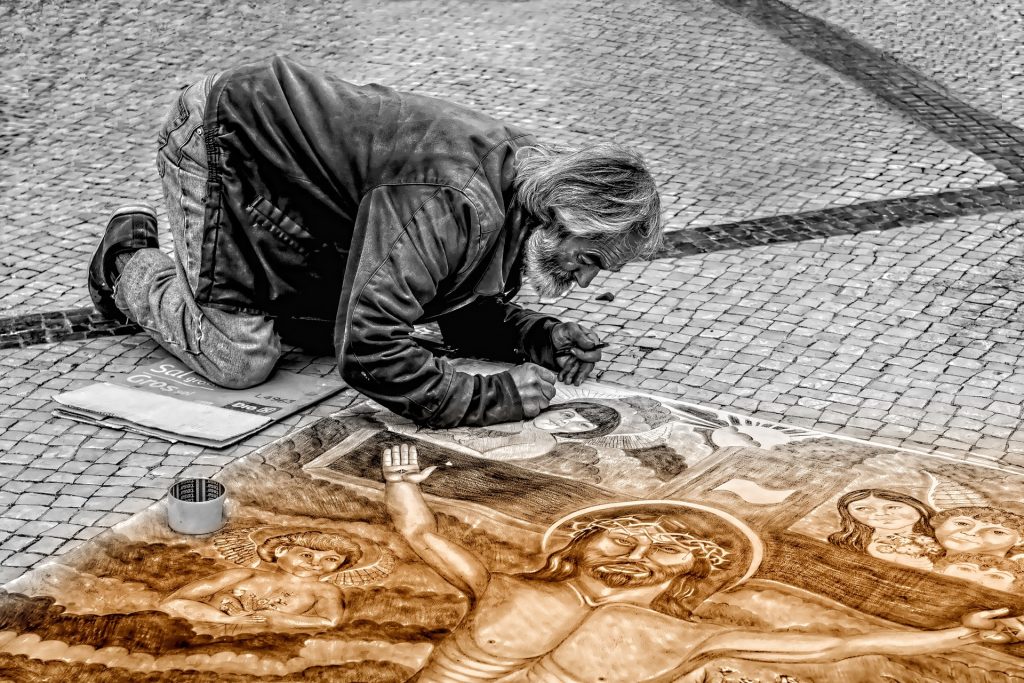
The other argument is that it’s about separating the true professionals from the hobbyists. For example, if you’re an actor or screenwriter in LA, well, so is your barista, Uber driver, lawyer, plumber, accountant… even one of your members of Congress. You’re passionate about your craft and devote yourself full time to making a living off it. Why should you be lumped together with all these amateurs and interlopers? Of course, it’s very likely that your barista could be a talented artist who has simply gone unrecognized by the market due to bad luck or other circumstances beyond their control.
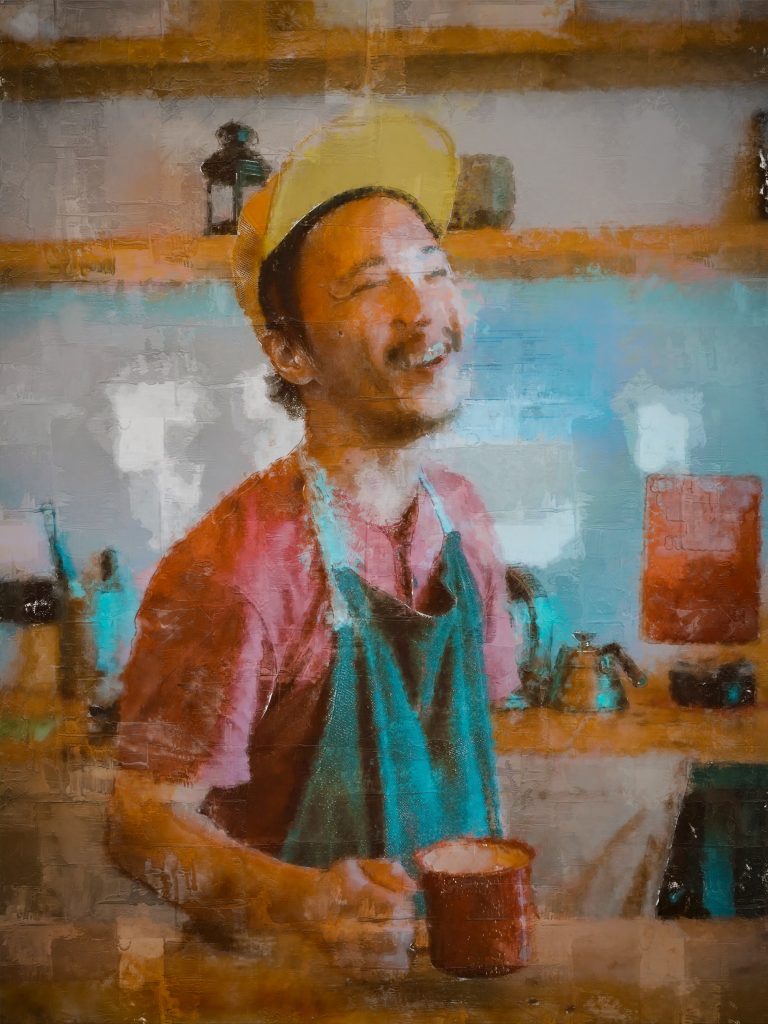
There’s also some subjectivity here. After all, do we have a real standard for what makes someone a “full-time” artist? It’s not like artists are required to work 40 hours a week to get their pension plans and health insurance. Even if we define it as people who earn enough to support themselves through art alone, this feels too exclusionary. There are great artists who may never find a large enough audience or patronage to put food on the table. Avant-garde, experimental and alternative artists work, you know, outside the system. It’s unlikely these artists find mainstream success, but the work they produce has value nonetheless. What’s more, there are certainly successful artists who can phone it in for a minor fortune. An old joke suggested Picasso could send someone to college by signing his name on a napkin.

In fact, most people we think of as successful “full-time” artists likely aren’t spending most of their time on their art. A lot of the work that goes into being a “successful” artist involves work like networking and marketing. At this point, Taylor Swift is more of a businesswoman who makes music. Does anyone think she spends 40-80 hours a week composing, playing, and performing music instead of promoting, publicizing, merchandising, etc.? Even a lot of artists we might think of as “artistically” successful really make their basic living from another job: teaching. If you’re a literary novelist, poet or playwright, there’s a 99.9% chance you’re a college teacher who writes. Or perhaps you have family wealth. A lot of successful artists were only able to become successes because they didn’t have to earn a living from their art. Would Lord Byron have become the most celebrated Romantic poet if he had been born into a lower rung of Britain’s rigid caste system?

Perhaps the real question is whether art itself requires a full-time work schedule to be great. We often think of creativity coming in waves or bursts of inspiration for a reason. Taylor Swift probably does spend over 40 hours a week on music when she’s recording and rehearsing. Maybe even more. Anyone who’s ever worked on a film set knows the hours can be brutal, but it’s only for a few months or even weeks. Certainly, there are artists who maintain what we might think of as a 9 to 5 routine. Prolific authors like Stephen King keep a rigid writing schedule, publishing multiple books a year often. How many of his 65 novels are truly great? The German filmmaker Rainier Werner Fassbinder was a workaholic made over 50 films in less than 20 years. Perhaps 10 of them are masterpieces. On the other hand, Stanley Kubrick made 13 films in almost 50 years. At least 10 of them are masterpieces. If toiling for 80 hours a week is essential to your artistic process, that’s fine. It won’t necessarily yield better results.
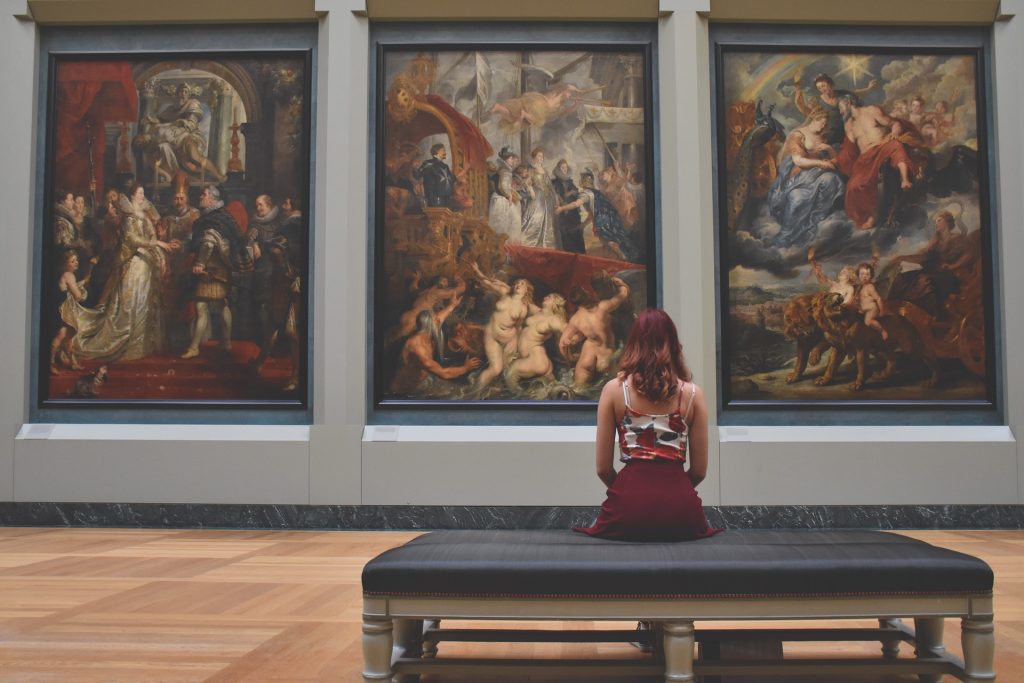
Great art comes in waves, whether it’s in the downtime of creative blocks and busy work or between making all the other not great art on a full-time schedule. Perhaps this is why we historically think of artists as unstable. They’re lazy for 9 months of the year, then work around the clock for the rest of it. Or they’re certifiable workaholics. Of course, none of this means you have to quit your day job. However, if we really want to maximize our collective artistic potential, it probably means finding better ways to support it.
We’re at a crucial moment in the history of the arts. It’s never been easier to create and share your work, but it’s never been harder to stand out from the crowd. Do we really want to leave the future to marketing savvy self-promoters? Or should we try to encourage artist statements that go beyond the loudest voice to shout “Hey, look at me!” Many artists and fans are already seeking out new ways of connecting directly with audiences. Platforms like Twitch and Patreon allow fans to support the artists they find most interesting without the need for industry tastemakers or middlemen. At HV, we want to take that a step further. We’re creating a network where working artists can collaborate on paid projects, find inspiration from obscure sources, learn tricks of the trade from established mentors, and share their work with fans on the same platform. It’s not a magic bullet because there is no magic bullet. We just hope it makes life a little easier for the artists and fans who care about more than analytics.
For now, if you’re an artist who makes a living off something besides your art… great! As long as it’s letting you create, don’t quit your day job. We mean that as a compliment.
Notes
In fact, how many poets in the past 100 years have ever made a living by just writing poetry? Even Dr. Seuss had to draw.
A lot of mainstream artists steal from find inspiration in outsider artists’ work.
If we think it takes time to develop talent, perhaps what we really need are alternate ways to subsidize this to allow artists to reach their full potential, like a Universal Basic Income.
The waves theory could probably be applied to most work that involves creative thinking and problem solving.
Fassbinder had many, many other issues besides workaholism. To be fair, even his films that aren’t truly great still have points of interest…
There also is some fascinating research on the links between creativity and mental health issues that we can’t get into here.
Not to mention the looming shadow of AI plagiarism disguised as innovation.
Image Credits
Tired Bartender by Free Fun Art from Pixabay
Street Artist by amurca from Pixabay
Watercolor Barista by Layers from Pixabay
Screenwriter by Lukas Bieri from Pixabay
